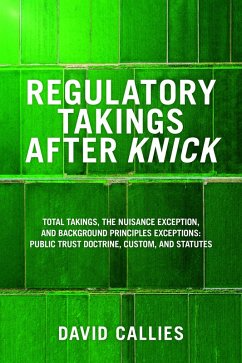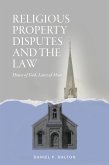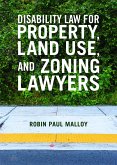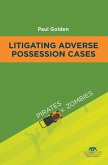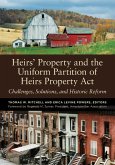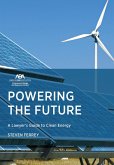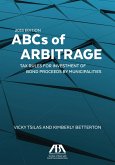The Supreme Court's recent decision in Knick v. Township of Scott has been aptly described by some commentators as the most significant property rights case of the last decade. In Knick, the Court found the regulatory takings claim, which had not yet been denied compensation in state court, was ripe nonetheless. In doing so, the Court explicitly overturned the second prong of the so-called Williamson County ripeness test that required property owners to seek a remedy through state action -- usually just compensation -- for the alleged taking before coming to federal court.
The elements of these exceptions are explained in great detail in separate chapters. Understanding these exceptions is critical to litigating about land use regulations for such as open space, agriculture, and preservation/conservation where the subject land is left without any economic use. If the exceptions apply, the landowner gets no compensation. If the exceptions do not apply, the landowner prevails.
The elements of these exceptions are explained in great detail in separate chapters. Understanding these exceptions is critical to litigating about land use regulations for such as open space, agriculture, and preservation/conservation where the subject land is left without any economic use. If the exceptions apply, the landowner gets no compensation. If the exceptions do not apply, the landowner prevails.
Dieser Download kann aus rechtlichen Gründen nur mit Rechnungsadresse in A, D ausgeliefert werden.

